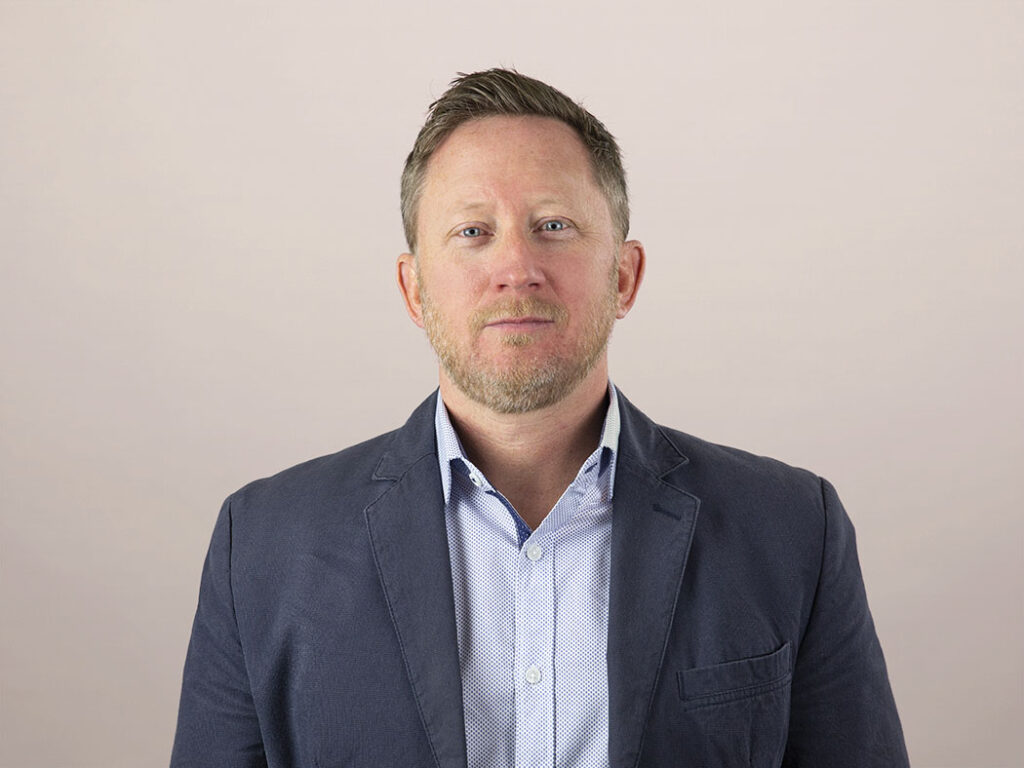CX Sydney 2019: What To Expect From Outgoing World Vision CMO Teresa Sperti
Customer experience (CX) leaders have successfully elevated and transformed the practice of CX over the past decade, but what’s next? This year’s CX Sydney 2019 Forum will focus on how to drive real, disruptive innovation.
I recently caught up with one of our keynote speakers — Teresa Sperti, the outgoing chief marketing, data, and product officer at World Vision — to discuss how to become a data-driven organization and leverage that to drive essential CX innovation. More from Teresa:
As World Vision’s first CMO, you’ve been a part of the charity’s digital transformation process. What stage is the organization at now, and why do you think CX plays such an important role in the transformation?
In today’s era of rapid change, organizations can only succeed by continually reinventing and disrupting themselves. Transformation is more of a continuous process, with the nature of the beast evolving based on the business and the environment. To that end, classifying into a stage is difficult.
Having said that, World Vision Australia has spent the last two years building a strong foundational layer and capability that will power the next season of the organization’s transformation efforts. We re-engineered data to make it more accessible and create a single view of supporters (i.e., donors). We rolled out martech to deliver scalable, repeatable, and automated experiences in line with donor expectations. We evolved processes to become more agile and adaptive based on what is working.
In addition, World Vision Australia has mechanisms to create new value for donors through new product delivery processes that put the donor at the center of the creation process. These foundational capabilities span across technology, people, culture, process, and data — the critical components all organizations must address to succeed in times of transformation.
Today, experience is the brand. Since giving behavior correlates with trust in the brand, CX is critical to engender trust and build deeper, longer-lasting connections in a market where loyalty is illusive. What World Vision Australia does is often difficult for donors to understand — much of its work is done overseas, where very few donors will ever get to see, feel, and experience the impact firsthand. So in many respects, CX is the product. CX enables World Vision Australia to make the invisible visible, demonstrating the progress and impact that the organization is making, bringing the donor closer to the work it does, and providing the transparency demanded in today’s digital world.
How important is data in this transformation process?
Data and analytics are a critical strategic enabler of World Vision Australia’s transformation efforts. Data fuels CX, enables the organization to determine where new value can be created, and drives improved decision making organizationwide. Hence, we have actively focused and invested in this area from the start of our transformation journey.
What are some challenges that World Vision has faced in implementing a data-driven culture?
Embedding a data-driven culture is challenging within any organization, and working in the not-for-profit sector can also throw up some unique challenges. Data literacy is a particular challenge for us. Data can be intimidating for some, so making it more accessible isn’t enough. To successfully embed a data-driven culture that extends beyond the analytics department, you need to also address the relationship people have with data and their ability to interpret and leverage it.
Don’t miss Teresa’s presentation, “Data For Good: Embedding A Data-Driven Culture To Drive Great CX,” which will take place in the morning of Forrester’s CX Sydney 2019 Forum. She will talk about how World Vision is embedding a data-driven culture and how this is being leveraged as a foundational capability to drive essential CX innovation and deliver great customer experiences for its donors.
